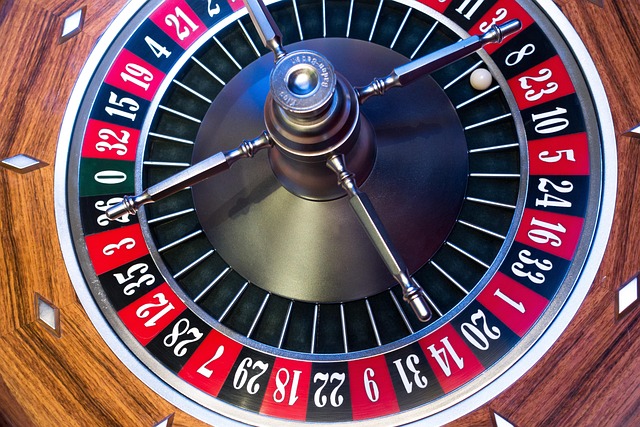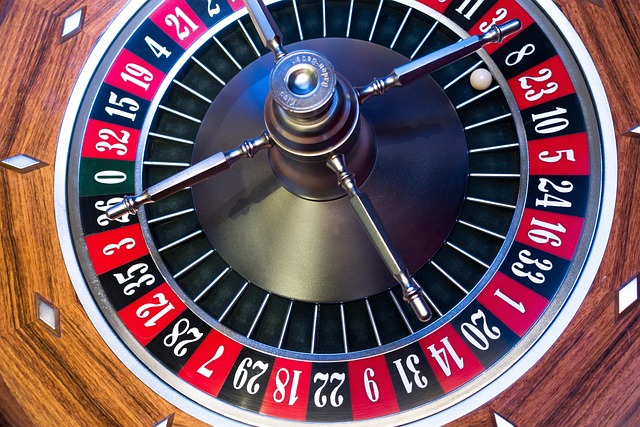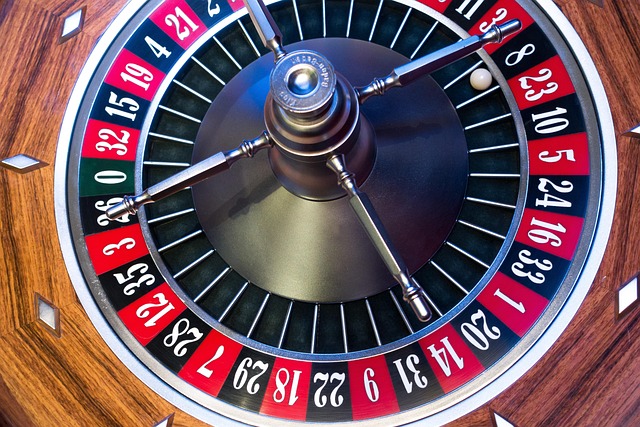Roulette, often viewed as the ultimate game of chance, captivates players with its spinning wheel and the anticipation that each ball drop brings. However, beneath the vibrant colors and the thrill of potential winnings lies a complex web of psychology that influences every decision made by gamblers. In this roulette study, we delve into the psychological factors that drive players to adopt specific strategies, often in pursuit of elusive victories.
At the core of gambling behavior is the phenomenon known as the gambler’s fallacy.” This belief posits that past outcomes influence future results, leading players to make irrational decisions based on recent spins. For instance, if red has appeared several times in a row, some players may feel that black is due to hit soon, prompting them to place their bets accordingly. This psychological misstep illustrates how our minds crave patterns in randomness and can significantly impact betting strategies.
Another prominent psychological aspect of roulette gambling is the idea of “loss aversion.” This principle suggests that the pain of losing is felt more acutely than the pleasure of winning. As a result, players might chase their losses through increasingly risky bets, hoping to recoup what they’ve lost. This chase can lead to a spiraling effect, where the desire to recover losses overshadows rational decision-making. Understanding this behavior is crucial for anyone looking to navigate the thrilling yet treacherous waters of roulette.
Moreover, the social aspects of gambling cannot be underestimated. The allure of playing at a bustling casino surrounded by fellow players adds an extra layer of excitement. Many gamblers thrive on the shared experience, feeding off the energy of the crowd. This social dynamic can lead to groupthink, where decisions are made collectively, often resulting in riskier bets. The impact of peer influence can be so significant that players may abandon their strategies and follow the crowd, swayed by the shared enthusiasm and excitement.
In the realm of betting strategies, players often rely on various systems, such as Martingale or Fibonacci, in hopes of gaining an edge. However, while these strategies can create an illusion of control, they do not alter the fundamental odds of the game. The psychology behind these strategies stems from the need for certainty and predictability in an inherently unpredictable environment. Gamblers often feel a sense of empowerment when employing these systems, despite the reality that each spin is entirely independent.
Emotions also play a critical role in the gambling experience. The elation of a win can lead to overconfidence, causing players to escalate their bets beyond their means. Conversely, fear and anxiety associated with potential losses can lead to defensive betting patterns or outright abandonment of previously well-considered strategies. This emotional rollercoaster highlights the need for self-awareness and emotional control in the game of roulette.
Lastly, we cannot overlook the role of addiction in gambling. For some, the thrill of the game transcends mere entertainment, morphing into a compulsive behavior that can have devastating effects on personal finances and relationships. Understanding the psychological triggers that lead to problematic gambling behaviors is essential in addressing and preventing addiction. Awareness can offer players the insight needed to enjoy roulette responsibly, ensuring that the game remains a source of fun rather than a destructive force.
As we explore the psychological intricacies of roulette, it’s clear that the game is as much about the mind as it is about chance. Each bet placed at the table is a reflection of deeper psychological truths, driven by emotion, social dynamics, and cognitive biases. Armed with this knowledge, players can engage with the game more thoughtfully, making informed decisions that enhance their experience while minimizing the risks associated with gambling.



